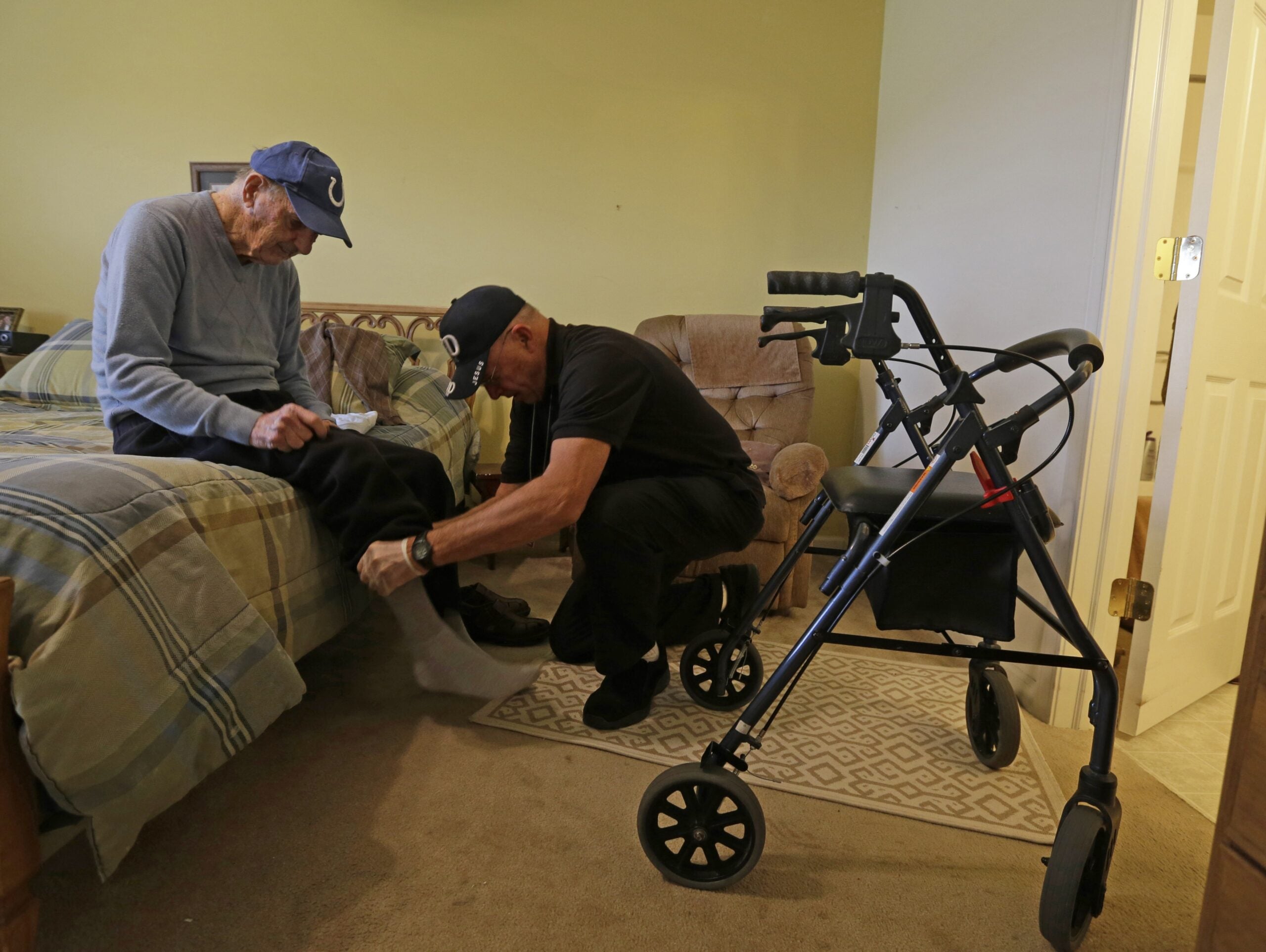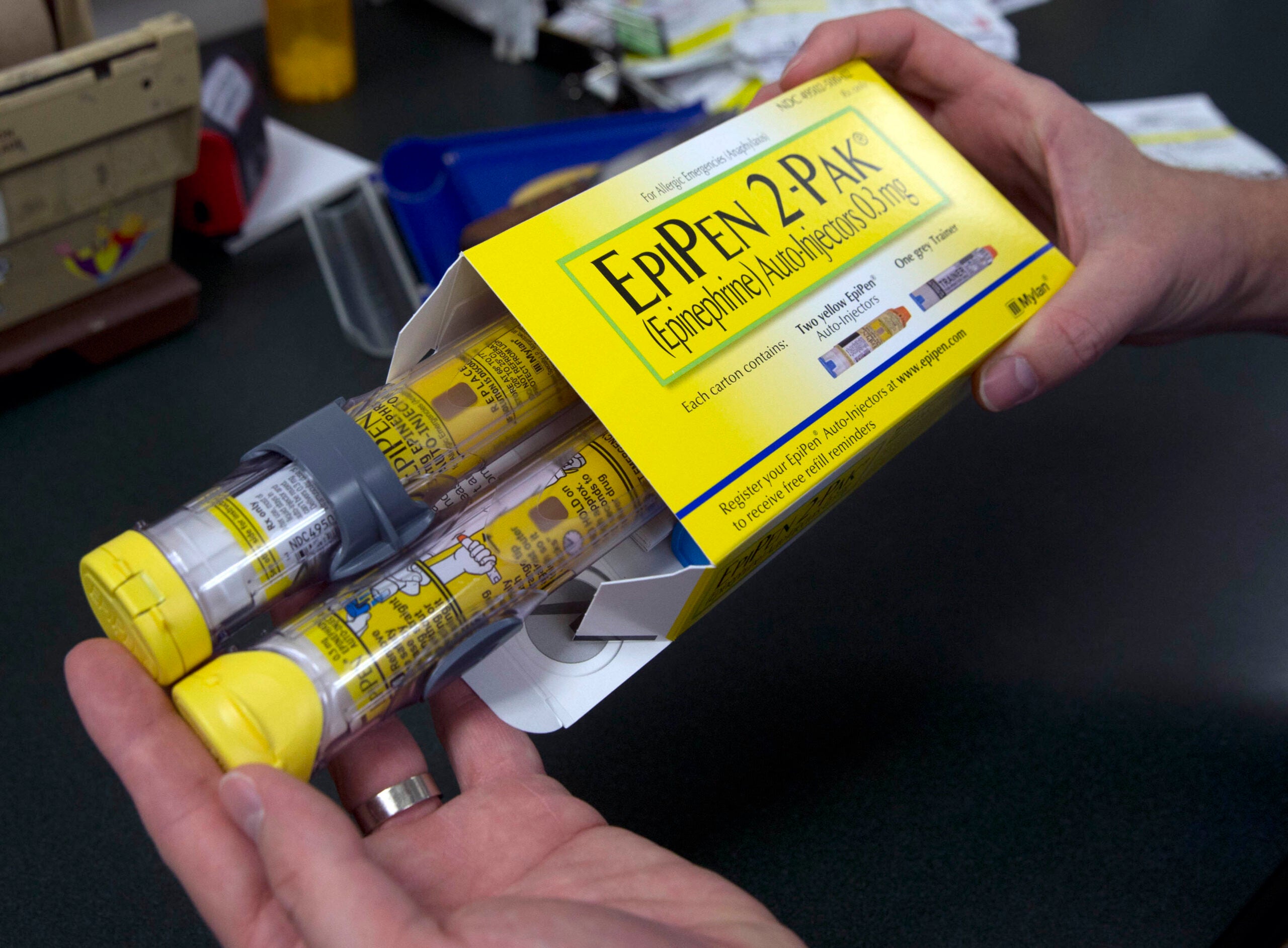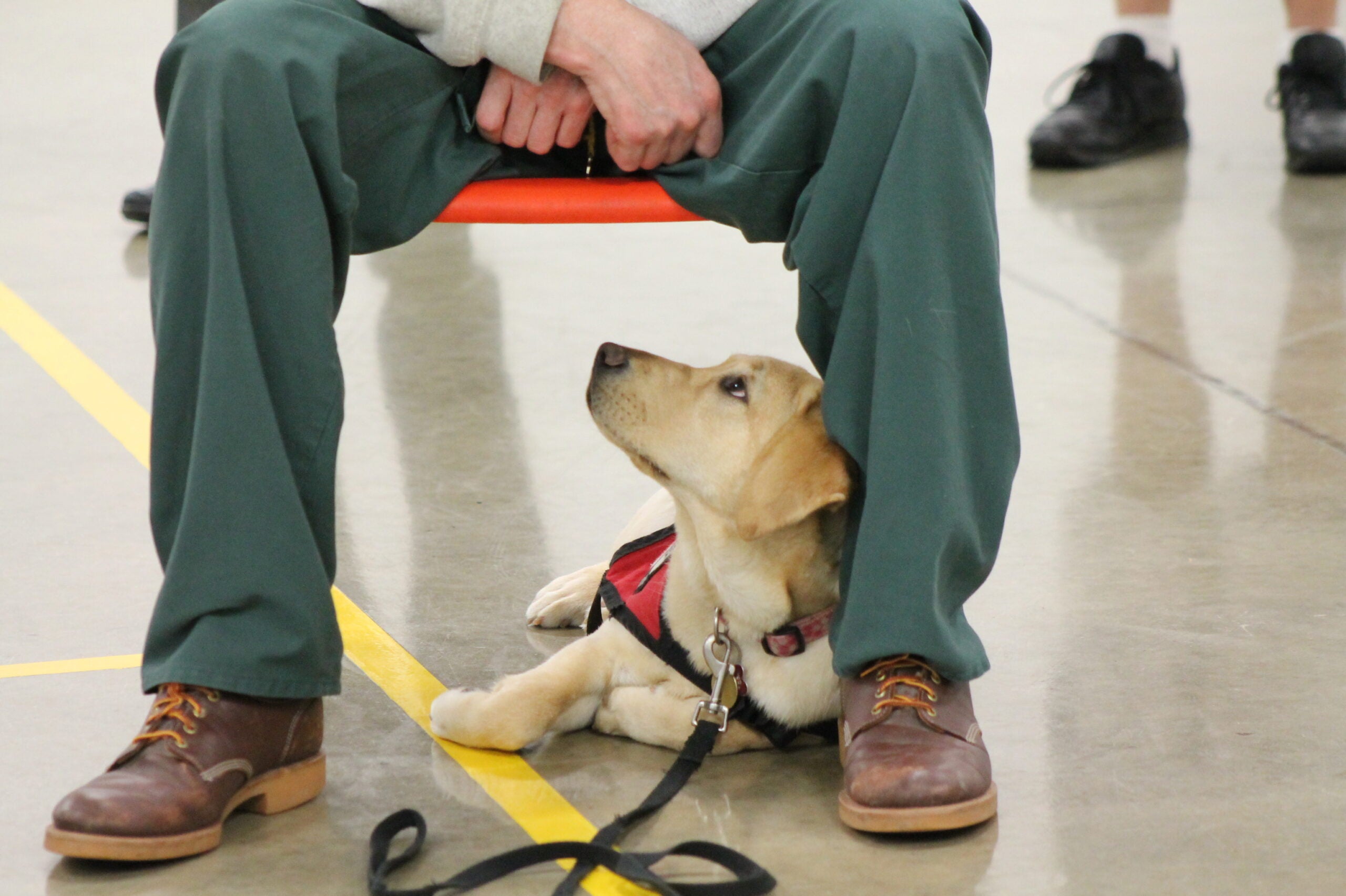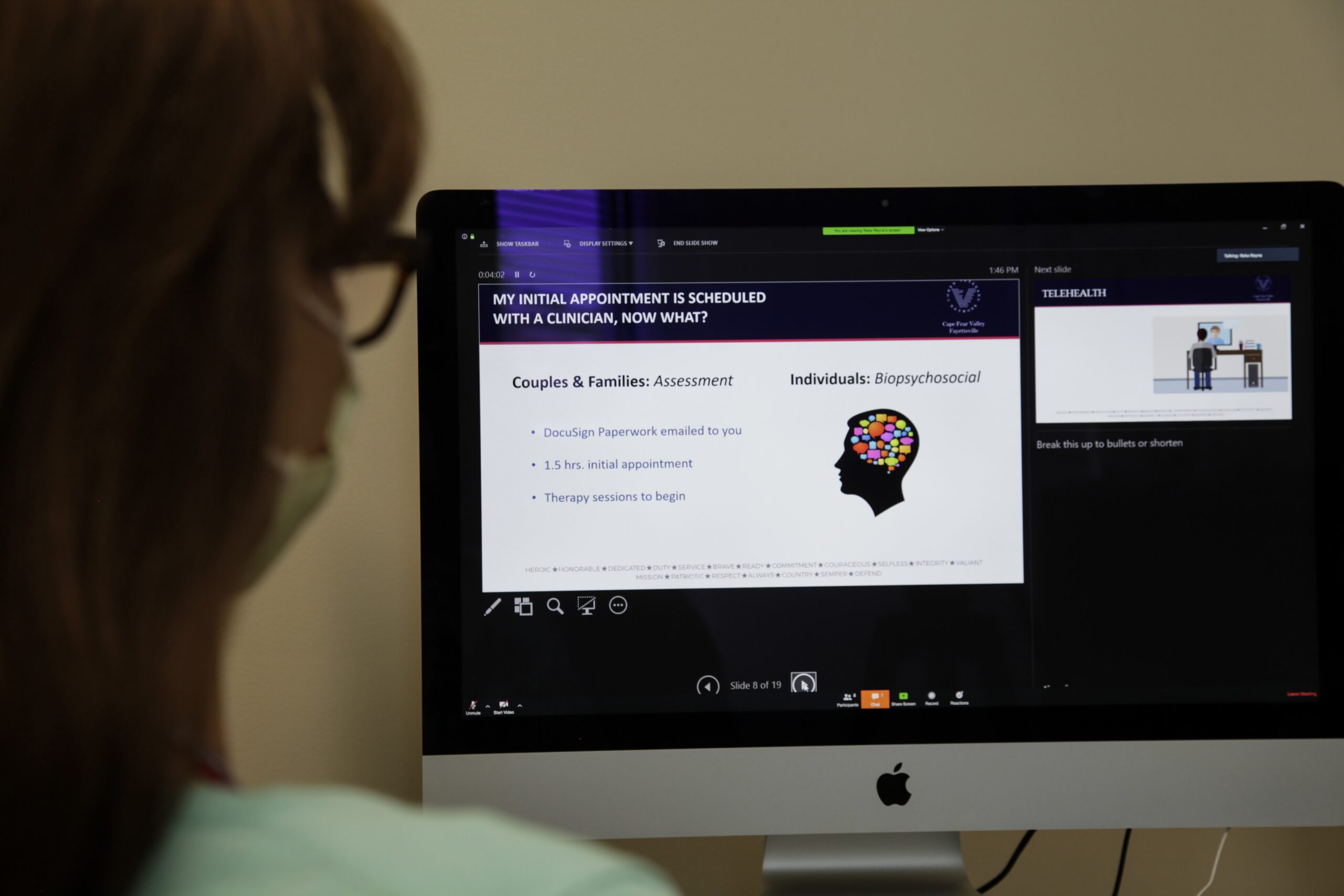Organizations advocating for older adults and people with disabilities are hoping to build new support for a bill that would require Wisconsin hospitals to communicate with a patient’s family caregivers.
The Caregiver Advise, Record and Enable, or CARE, Act was first introduced in the 2019-20 legislative session. It would require hospitals to allow patients to identify a caregiver when they’re admitted to the hospital. Hospitals would be required to communicate with the designated caregiver before the patient is discharged or transferred to another facility and to provide instruction to caregivers on any medical tasks the patient may need help with when returning home.
During a press conference on Tuesday, AARP Wisconsin state director Martha Cranley said informal caregivers often perform a variety of tasks to help their loved ones, whether it’s preparing meals, helping with bathing and even providing wound care. But she said they need information from health care providers on how to best provide this aftercare.
News with a little more humanity
WPR’s “Wisconsin Today” newsletter keeps you connected to the state you love without feeling overwhelmed. No paywall. No agenda. No corporate filter.
“This part is key,” Cranley told reporters. “When caregivers have the training and instruction they need, we can reduce costly re-admissions to hospitals.”
Along with AARP Wisconsin, the Wisconsin Aging Advocacy Network, the Greater Wisconsin Agency on Aging Resources and the Wisconsin Board for People with Developmental Disabilities are behind the push to bring the legislation back this session. If passed, Cranley said Wisconsin would join 42 other states and three territories that have already adopted the changes.
But the 2019 version of the bill did not gain traction in either the state Assembly or Senate and was opposed by the Wisconsin Hospital Association and Rural Wisconsin Health Cooperative.
When asked at the press conference why hospital advocates opposed the changes, Janet Zander from the Wisconsin Aging Advocacy Network said health care providers have not had a way to bill insurance companies for time spent educating caregivers. That is expected to change as early as next year, after the Centers for Medicare and Medicaid Services announced this month that the agency is finalizing separate billing codes for caregiver training services.
“My hope is that with the change we’ve seen from CMS and some of the billing codes, that this will no longer be the roadblock that it has been,” Zander said at the press conference.
But the Wisconsin Hospital Association remains opposed to the legislation. Ann Zenk, senior vice president of workforce and clinical practice for the Wisconsin Hospital Association, said in an email that the law is unnecessary in Wisconsin because the state’s hospitals already provide effective post-discharge care and medication instructions.
“Every time this legislative mandate has been pursued over the last decade, it has failed to move due to the strong track record of Wisconsin hospitals,” Zenk wrote. “State lawmakers have been wary of adding even more government regulations on hospitals that are already drowning in bureaucracy and red tape.”
Zenk said that passing the law in Wisconsin “would add a redundant and unnecessary step to discharge planning processes already in place.”
David Bowen, advocacy director for AARP Wisconsin, said the organizations are not tied to the previous version of the bill and are open to making changes needed to gain broader support during the current legislative session. He said his group is currently reaching out to lawmakers who are interested in supporting a new version of the bill. The 2019 legislation had both Republican and Democratic sponsors.
Democratic state Rep. Darrin Madison of Milwaukee spoke in favor of the measure during the press conference on Tuesday, saying he plans to support the bill so “the needs are met for the most vulnerable populations here in our state.”
Tami Jackson, legislative liaison for the Wisconsin Board for People with Developmental Disabilities, said the current system for discharging patients isn’t working for the families her organization serves. As more people need informal caregiving in the state, Jackson said the CARE Act could make a difficult transition a little easier.
“This situation where people are going to be asked to do very complex medical tasks at home by themselves, outside of their comfort area, without medical training — this is here to stay and it’s going to happen to one of us or any of us at some time in the future,” Jackson said. “Let’s make it as easy as possible.”
Zander said the organizations hope to craft a new version of the bill and have it passed by this spring, a timeline that she acknowledged will be challenging.
Wisconsin Public Radio, © Copyright 2025, Board of Regents of the University of Wisconsin System and Wisconsin Educational Communications Board.







